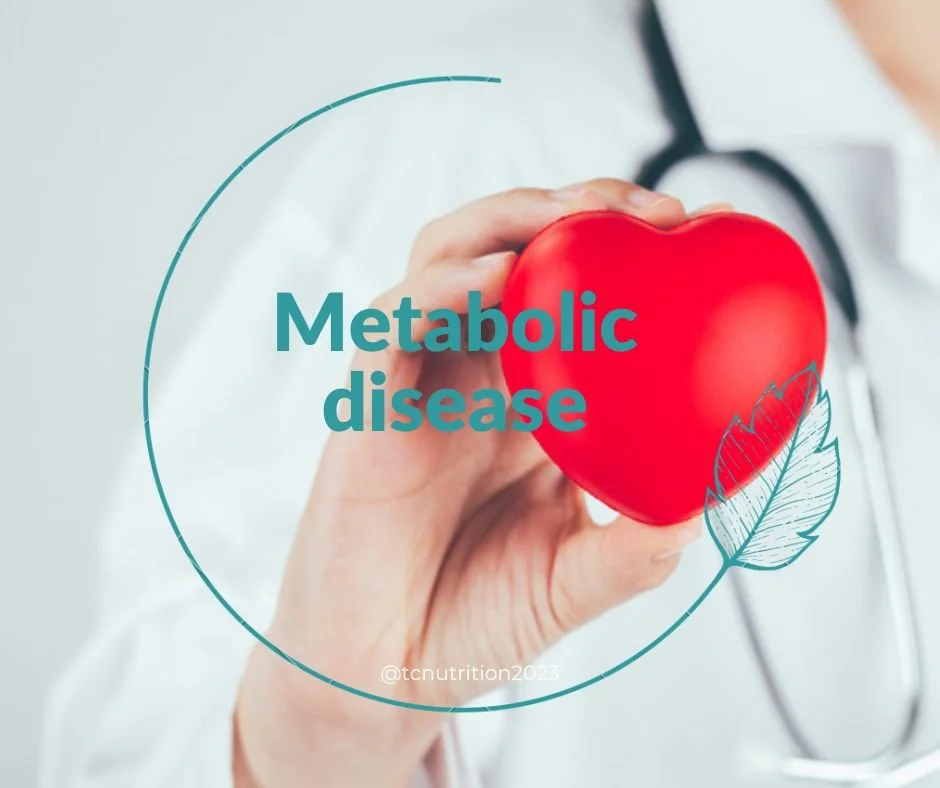How healthy is your heart?
How is your metabolic health? So this is where I'm talking about Type 2 Diabetes, Heart Disease, Stroke, and the indicators that you're at high risk of these - high blood pressure, high cholesterol, high triglycerides, weight gain around the middle, high blood sugars and insulin resistance. Your GP is keen to measure all these, but so what? Will they put you on pills? Then what?
It's not a secret that eating healthily and exercising regularly reduces your risks of the above.
Here's a few things to start thinking about:
Your body can heal itself without medical intervention and get back to normal pretty well most of the time, if you let it - think cuts, bruises, broken bones. Even a high temperature when you’re ill is your body’s way to outsmart bacteria and viruses, and suppressing it leads to infection lasting longer and potentially having lasting effects.
Medications are used by the medical profession to control symptoms and keep your key indicators within a certain range, they won't make you 'better'.
Your body is not going to heal and get better if you keep doing the same things that caused it to get unhealthy in the first place.
The medication your doctor may put you on will most likely deplete your nutrient intake, thus impacting your body's ability to heal, and almost certainly putting you at risk of further disease.
Chronic inflammation, toxins, and stress will all affect your body's ability to function normally and heal itself.
Some supplements and medications can interact with each other, producing side effects.
Here’s the good news. A nutritional therapist can work with you to recommend food and supplement choices to support your body to do what it needs to do, avoiding interactions with medication.
Some simple changes like including olive oil in your cooking, adding an extra portion of veg a day, eating grilled salmon once a week, swapping to wholemeal pasta and brown rice, can start to make a difference. To make a bigger impact, maybe you could add some culinary herbs, maybe you could benefit from deep breathing exercises or other techniques to improve relaxation. If you’ve been eating low fat yoghurt, cholesterol-lowering spread, taking sweeteners in your tea, drinking diet coke and avoiding red meat, avoiding butter, avoiding shellfish, and avoiding eggs, then take a deep breath and book some sessions to learn why this is probably not helping much, and get back to eating wholesome natural foods, food you enjoy.
If you’re ready for a change, and to tackle your risk of serious disease in later life, then what have you got to lose? Click here to read more about how I work with clients in my Nutritional Therapy practice.

